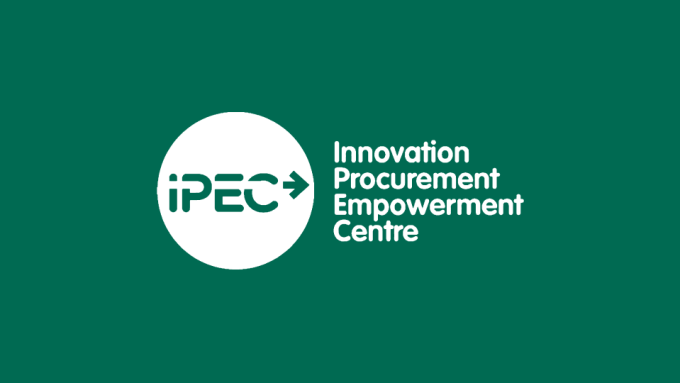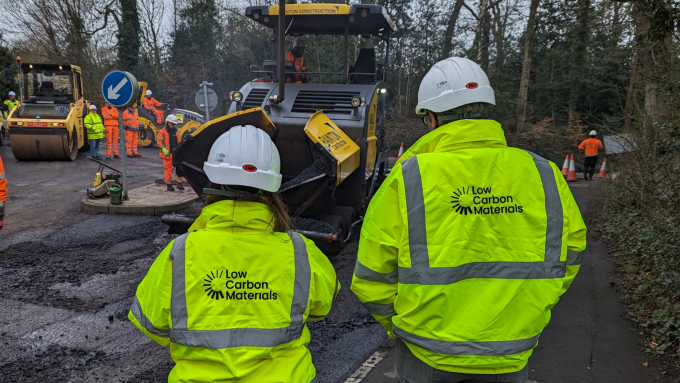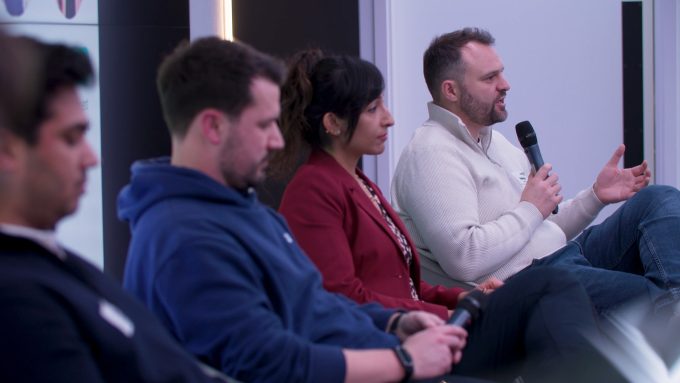
Dr Hadi Moztarzadeh: Mobility not mode must be the automotive industry and the broader transport sector’s focus

Different transport sectors must work much more collaboratively to align their ambitions and net zero strategies, to help the UK decarbonise the mobility of people and goods.
To date, the automotive sector has concentrated solely on its priorities; and the rail, maritime and aviation sectors have focused on theirs. But if the UK is to meet its ambitious net zero targets by 2050, all sectors working in different modes of transport must exchange knowledge, and share best practices and complementary solutions.
This might seem surprising to say, given my role as the Head of Technology Trends at the Advanced Propulsion Centre UK (APC). We were set up in 2013 as a joint venture between the UK automotive industry, via the Automotive Council, and UK Government, with a mission to accelerate the transition to a net-zero automotive industry, through funding support and insights. Great progress has been made to champion zero emission technologies, from battery electric vehicles to hydrogen fuel cells.
However, as the deadline for reaching net zero draws ever closer, the automotive industry must begin to look right across the transport landscape and help identify where learning can be shared, technology could cross over, and solutions could complement one another.
I am particularly keen for automotive manufacturers and suppliers to speak about our sector’s success stories – as well as details of what has not worked so well – and for the vehicle sector in return to learn from the achievements and stumbles seen elsewhere. For example, today’s vibrant battery ecosystem in the UK is the result of focus from the automotive industry and cross-sector battery applications, such as in the energy sector.
The world we find ourselves in now is quite different to how things were a decade ago. The notion of transport is associated far less by any one mode of travel; people and industry increasingly recognise that improving ‘mobility’ more generally – taking whichever transport mode is most appropriate for a given situation – will help us reach our destinations faster, more efficiently and with reduced impact on the environment.
Consider too advances in digital navigation technology now in people’s hands, the rise of micro-mobility for last mile travel, and the demands of industry to do things differently. These all have an impact in driving change in terms of how we all travel and how transport services are delivered.
Important themes need attention across all modes too, including more green infrastructure to provide sustainable power, greater digital capability, and a look at how we assess the carbon lifecycle of vehicles. Opportunities to explore innovative new systems and discussions about how best to commercialise emerging technologies can also be maximised if there is better knowledge sharing right across the mobility landscape.
Put all of this together, and it makes perfect sense for professionals across the transport piece to be working in collaboration.
Roadmaps being written
Automotive Council roadmaps have been developed and updated by the APC over the past decade. This year we are developing two new ‘system-level roadmaps’ for the automotive sector: one is around ‘mobility of people’ and helping to increase opportunities for ‘private’ and ‘shared’ mobility of people, covering a broad range of automotive products; from passenger cars through to high-power and high-performance vehicles, motorcycles and micromobility options.
A second system-level roadmap covers the ’mobility of goods’ in urban areas, between towns and cities and the movement of goods on routes other than roads. Both roadmaps are set to be launched this autumn.
Each will help to redefine the role of the automotive sector within a broader transport ecosystem, and establish cross-cutting themes where automotive products and offerings can leverage efficient net zero transport solutions, and identify opportunities which people from all transport sectors can work towards, whether we are talking about local journeys or long-distance travel.
If automotive manufacturers want to be more successful and sell more of their products to market in five or ten years’ time, they must carefully consider the new mobility world they find themselves in.
An underpinning requirement to make this transition to zero emission vehicles is reliable infrastructure, with a focus on how best to share the energy infrastructure between different modes of transport and across the broader social and industrial landscape. Everyone working in the transport ecosystem must come together to agree on future requirements not only for conventional domestic and commercial vehicles, but for emerging types of vehicles such as electric scooters, cargo bicycles and light goods vehicles travelling in urban areas too, so that sustainable modes of travel can be fully supported.
We will use our roadmaps and work with our industry, Government and academic partners, to identify trends in the automotive industry and explore what the evolution of the transport paradigm means for automotive manufacturers and suppliers. APC will also be highlighting the opportunity for more cross-departmental collaboration on transport and innovation within Government; and want to see manufacturers involve an increasing number of small to medium sized enterprises in their processes.

Bringing the public along too
There is also work to do in bringing members of the public with us as we transition away from vehicles powered by fossil fuels towards zero emission vehicles. Concerns around range anxiety of electric vehicles still need to be overcome, especially as the vast majority of car journeys take place in a relatively local area.
There are also exciting new developments to consider, such as the greater integration of advanced software into vehicle control systems, which will change the way we drive in the coming decade.
I am optimistic that the automotive sector can reach its net zero goal with professionals from across the different forms of mobility work more closely together; but the route ahead is not straightforward and requires more than just additional funding for the automotive sector and transport. We need to see support in the broader sense at both a local and national level for new policies and regulations encouraging emerging transport modes and technologies, and of course for underpinning infrastructure.
By working together, I am sure that we will achieve our decarbonisation aims more quickly.
Dr Hadi Moztarzadeh is an Ambassador for Connected Places Catapult and is one of 31 new Affiliates appointed last summer to help deliver on its strategic objectives.
Green transport solutions will be the focus of the next Clean Futures accelerator, designed to support SMEs in the West Midlands with funding, expert advice and access to testing facilities. Register here to get notified when applications open this spring.





